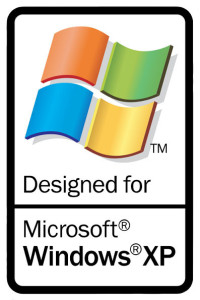
Takeaway: Risks with staying with Windows XP after April 8, 2014.
Since being release worldwide on October 25, 2001, Windows XP has become one of the most popular versions of Windows. OEM and retail sales of Windows XP ended in June 2008, while smaller OEMs continued to sell the Operating System until January of 2009.
On April 10, 2012, Microsoft officially announced that as of April 8, 2014 they will end extended support for Windows XP and Office 2003, after which no new bug fixes or patches will be issued.
Organizations may be taking a spontaneous risk and assume that Window’s XP’s prolonged life means major vulnerabilities have been acknowledged and dealt with. If XP were secure, there still might be application-level vulnerabilities. Even the ranges of security breaches are inadequate to persuade some organizations that are still using Windows XP to upgrade. The dynamics that have safeguarded XP’s success are now working against the organizations that stuck by the operating system.
A major aspect attackers assess during their investigation is the operating system and the applications used within an organization. With Microsoft ending their support, the vendors for applications running on it will most likely end support.
On the other hand, those preparing to continue using XP after the cut-off date, are going to be in a unpleasant situation trying to protect their intellectual property, but can take certain steps to limit exposure to risk. There are specific technologies you could deploy that will permit you to remain using legacy systems. Mitigating technologies like Host-Based Intrusion Protection will be able to identify that a vulnerability exists and make that vulnerability difficult/impossible to exploit by applying a virtual patch to those non-supported environments.
However, XP’s acceptance is down to the technology itself and an operating system format that people are content with. The significant changes with Windows Vista, Windows 7 and especially Windows 8 are the reason people are resistant to change.
To protect and upgrade your home or business
please contact us 856-745-9990